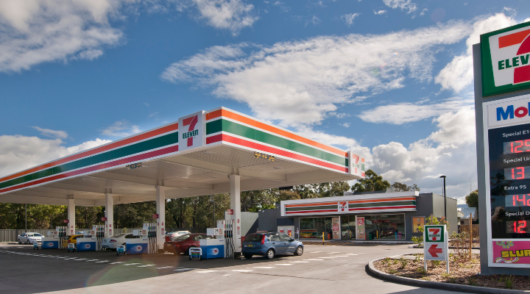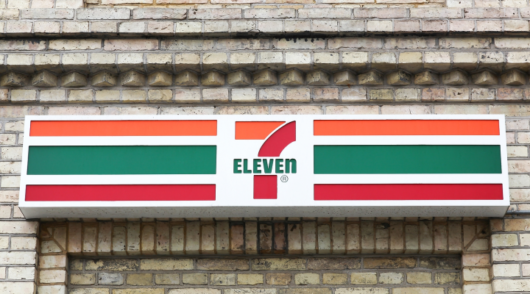 With retailers paying around $500 million more in fees annually to accept contactless debit card payments through Visa and Mastercard than they would through Eftpos, the rollout of least-cost routing by the major banks that issue payment terminals has been highly anticipated in the sector.
With retailers paying around $500 million more in fees annually to accept contactless debit card payments through Visa and Mastercard than they would through Eftpos, the rollout of least-cost routing by the major banks that issue payment terminals has been highly anticipated in the sector.
Least-cost routing allows retailers to choose how they accept debit card payments at the point of sale – via a card scheme like Visa or Mastercard, or through Eftpos’s cheaper cheque/savings option – and it could lead to a significant reduction in fees.
But some banks, including the major four banks, have failed to follow through on commitments made earlier this year, according to the Governor of the Reserve Bank of Australia (RBA), Philip Lowe, who gave a speech at the Australian Payment Summit in Sydney on Monday.
“The longstanding view of the Payments System Board has been that merchants should at least have the choice of sending the debit payment through the lower cost system, whether that be Eftpos or the international scheme,” Lowe said.
“For merchants to be able to do this though, acquirers need to offer terminals and technical systems enabled to allow least-cost routing. Some acquirers have already completed the necessary work and are attracting new merchants. Others, including the major banks, made commitments earlier in the year regarding the timetable for this work to be completed.”
Lowe noted that the RBA chose not to regulate the rollout of least-cost routing based on the banks’ commitments and warned that a failure to follow through could result in regulation. He was critical of the “technical problems” that some banks cited as delaying their rollout.
“It is important that the banks get back on track here. A failure to deliver on commitments or to provide the payment services that the community needs will inevitably lead to calls for further regulation,” he said.
Tyro is a notable exception. The business-only bank, which issues the payment terminals that require customers to tap on the side rather than on top of the device, launched ‘tap and save’ in March of this year, which allows merchants to process eligible debit payments through the more economical Eftpos network.
The bank released figures last week showing savings of around 20-30 per cent on average for routed transactions, though actual savings for each business vary depending on their card mix, transaction volume and amount, industry and pricing plan.
Retailers have been quickest to implement Tyro’s ‘tap and save’ technology, and have saved over $545,000 on their service fees, according to the bank.
Industry groups speak out
Jeff Rogut, chief executive of the Australasian Association of Convenience Stores (AACS), has called for an immediate rollout of the least-cost routing option. He said the big banks are dragging their feet while the cost of accepting tap-and-go payments for retailers is spiraling.
Rogut told IR these fees represent one of the more significant unnecessary costs that retailers face right now .
“Consumers increasingly expect to pay for their items by tap-and-go, and so by delaying the introduction of new routing services for contactless payments, it is costing retailers more,” he said in a statement.
“In an environment in which the reputation of the major banks is at an unprecedented low, it is both surprising and disappointing that they continue to collect higher fees for processing contactless transactions while small businesses and consumers pay more.”
While tap-and-go fees may be a bigger factor for small businesses, since unlike larger corporations, they are unlikely to be able to negotiate strategic rates with acquiring banks, many larger retailers also support least-cost routing, according to Australian Retailers Association (ARA) executive director Russell Zimmerman.
“Some of the biggest retailers are very supportive [of it] because they’re aware that if Eftpos is not in the marketplace, it becomes a two-horse race. They’re supportive of Eftpos being a viable alternative,” he told IR.
Zimmerman praised Tyro for leading the way on routing debit payments through Eftpos – First Data bank also has a solution on the market – and said that if the big banks wanted to act quicker “they could”.
Zimmerman said it his understanding that all banks will have a least-cost routing option on the market in early- to mid-next year.





